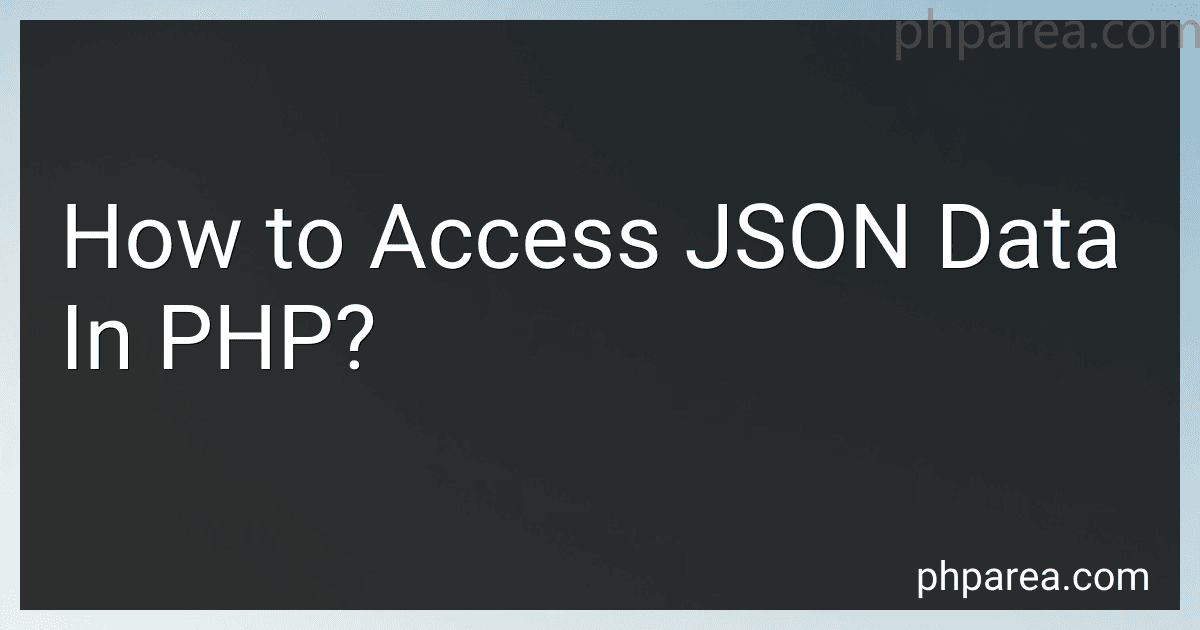Best PHP Extensions to Buy in February 2026
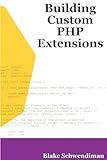
Building Custom PHP Extensions
- AFFORDABLE PRICES FOR HIGH-QUALITY, GENTLY USED BOOKS.
- THOROUGHLY INSPECTED FOR QUALITY AND READABLE CONDITION.
- ECO-FRIENDLY CHOICE: REDUCE WASTE BY BUYING PRE-OWNED BOOKS.


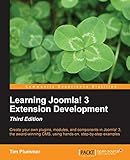
Learning Joomla! 3 Extension Development-Third Edition


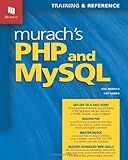
Murach's PHP and MySQL: Training & Reference
- SAME-DAY DISPATCH FOR ORDERS BEFORE NOON-SHOP FAST, RECEIVE FASTER!
- MINT CONDITION GUARANTEED-HIGH QUALITY YOU CAN TRUST!
- HASSLE-FREE RETURNS-SHOP WITH CONFIDENCE, ZERO RISK!


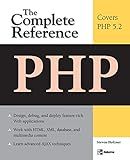
PHP: The Complete Reference


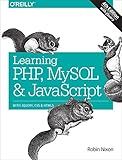
Learning PHP, MySQL & JavaScript: With jQuery, CSS & HTML5 (Learning Php, Mysql, Javascript, Css & Html5)


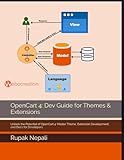
OpenCart 4: Dev Guide for Themes & Extensions: Unlock the Potential of OpenCart 4: Master Theme, Extension Development, and Docs for Developers


To access JSON data in PHP, you can follow these steps:
- Retrieve the JSON data: This can be done by using functions like file_get_contents() or by fetching data from an API using the curl extension in PHP.
- Decode the JSON data: Use the json_decode() function to convert the JSON string into a PHP associative array or an object. Pass the JSON data as the first parameter and set the second parameter to true if you want to retrieve an associative array.
- Access the JSON values: You can access the values in the decoded JSON data using array or object notation. For example, if you have an associative array, you can use the key names to access specific values like $jsonData['key']. If it's an object, you can use the arrow operator (->).
- Manipulate the JSON data: You can modify or manipulate the JSON data by updating its values using the accessed keys or properties. You can also add new elements, remove existing ones, or perform any other required operations on the data.
- Encode the modified data: If you want to convert the modified PHP array or object back into a JSON string, you can use the json_encode() function. It will convert the PHP data to its corresponding JSON representation.
Remember to handle errors and exceptions when working with JSON data in PHP, especially when decoding or encoding, as malformed JSON can cause issues.
How can you traverse through JSON data in PHP?
In PHP, you can traverse through JSON data using the json_decode() function to convert the JSON string into a PHP associative array or object. Once converted into a PHP data structure, you can use loops or recursive functions to iterate through the JSON data.
Here is an example that demonstrates how to traverse JSON data in PHP:
$jsonData = '{ "name": "John Smith", "age": 30, "email": "john@example.com", "addresses": [ { "type": "home", "street": "123 Main Street", "city": "New York" }, { "type": "work", "street": "456 Park Avenue", "city": "Chicago" } ] }';
$data = json_decode($jsonData, true); // Convert JSON to PHP associative array
// Accessing individual values echo $data['name']; // John Smith echo $data['age']; // 30 echo $data['email']; // john@example.com
// Accessing values in nested arrays/objects foreach ($data['addresses'] as $address) { echo $address['type']; // home, work echo $address['street']; // 123 Main Street, 456 Park Avenue echo $address['city']; // New York, Chicago }
// Using recursive functions for complex JSON structures function traverseJSON($data) { foreach ($data as $key => $value) { if (is_array($value) || is_object($value)) { traverseJSON($value); } else { echo $key . ': ' . $value; } } }
traverseJSON($data);
In this example, the json_decode() function is used with the second parameter set to true, which converts the JSON data into an associative array. If you omit the second parameter or set it to false, it will return an object instead.
You can then access the values in the JSON data using array or object notation. If you have nested arrays or objects, you can use loops or recursive functions to iterate through the data and access the desired values.
How can you handle boolean values in JSON data using PHP?
In PHP, you can handle boolean values in JSON data using the json_encode() and json_decode() functions.
To convert PHP data of any type, including boolean values, into a JSON string, you can use the json_encode() function. The function takes the PHP data as the first parameter and returns a JSON-encoded string.
Here's an example:
$data = ['name' => 'John Doe', 'age' => 25, 'isEmployed' => true]; $jsonString = json_encode($data);
echo $jsonString;
Output:
{"name":"John Doe","age":25,"isEmployed":true}
As you can see, the boolean value true is encoded as true in the JSON string.
To decode a JSON string back into PHP data, you can use the json_decode() function. The function takes the JSON string as the first parameter and returns the decoded data as a PHP associative array or an object, depending on the assoc parameter.
Here's an example:
$jsonString = '{"name":"John Doe","age":25,"isEmployed":true}'; $data = json_decode($jsonString, true);
var_dump($data);
Output:
array(3) { ["name"] => string(8) "John Doe" ["age"] => int(25) ["isEmployed"] => bool(true) }
As you can see, the boolean value true is decoded correctly back into a PHP boolean value. The true in JSON becomes true in PHP.
How can you filter or search JSON data in PHP?
In PHP, you can filter or search JSON data by iterating through the data using the foreach loop and using conditional statements to check if specific criteria match the desired filter.
Here's an example of filtering JSON data in PHP:
$jsonData = '[ { "id": 1, "name": "John", "age": 25 }, { "id": 2, "name": "Jane", "age": 30 }, { "id": 3, "name": "Mark", "age": 35 } ]';
$data = json_decode($jsonData, true);
$filteredList = array(); $searchTerm = "John";
foreach ($data as $item) { if ($item['name'] == $searchTerm) { $filteredList[] = $item; } }
// Printing the filtered list echo json_encode($filteredList);
In this example, we have a JSON string stored in $jsonData. First, we convert the JSON string to a PHP array using json_decode function with the second parameter as true to get an associative array.
Then, we iterate through the array using the foreach loop and compare the value of the 'name' key with the desired search term. If it matches, we add that item to the $filteredList array.
Finally, we can convert the filtered list back to JSON using json_encode and print it. The output will be a JSON array containing the filtered results.
You can modify the example according to your specific filtering requirements by updating the conditional statements inside the loop.
What is JSON data?
JSON (JavaScript Object Notation) is a data format used for structuring and storing data in a lightweight and human-readable manner. It is commonly used for transmitting data between a server and a web application as an alternative to XML.
JSON data consists of key-value pairs represented in a hierarchical structure. The keys are always enclosed in double quotation marks and separated from their corresponding values by a colon. Values can be of different types such as strings, numbers, booleans, arrays, or even nested JSON objects. Arrays are enclosed in square brackets and can hold multiple values, while objects are enclosed in curly braces and consist of multiple key-value pairs.
For example, a simple JSON object representing a person's information can be written as:
{ "name": "John", "age": 30, "city": "New York" }
In this case, "name", "age", and "city" are the keys, and "John", 30, and "New York" are their respective values. This data can be easily parsed and interpreted by various programming languages and APIs, making JSON a popular choice for data exchange on the web.
What does PHP stand for?
PHP stands for Hypertext Preprocessor.
